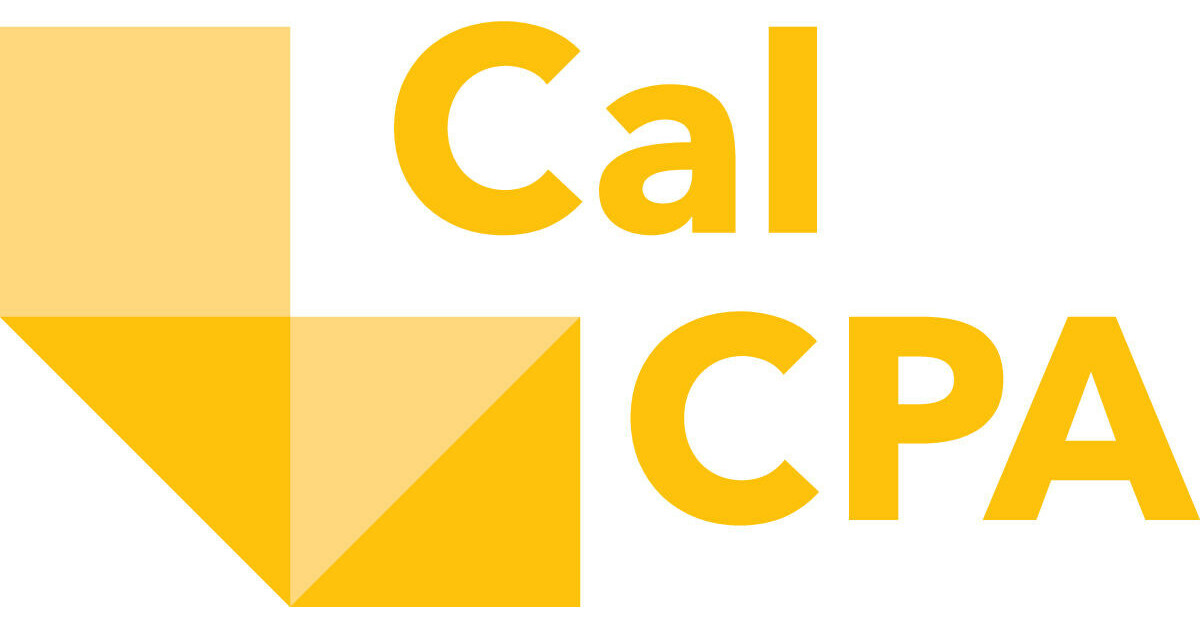
CPA California: In California’s vibrant and competitive business landscape, having a Certified Public Accountant (CPA) can be a game-changer for companies of all sizes. CPAs offer a range of essential services that not only help businesses stay compliant but also optimize their financial performance. This article explores ten critical CPA services that every business in California needs.
CPA California:Tax Preparation and Planning
Tax preparation is one of the most crucial services offered by CPAs. California has a complex tax system, with federal, state, and local taxes to consider. A CPA helps businesses navigate this landscape by accurately preparing tax returns, ensuring compliance with all applicable laws, and maximizing deductions. Moreover, they provide strategic tax planning advice, allowing businesses to minimize tax liabilities and avoid costly penalties.
CPA California: Bookkeeping and Accounting Services
Accurate bookkeeping is vital for any business to maintain financial health. CPAs provide comprehensive bookkeeping services that include recording transactions, managing accounts payable and receivable, and reconciling bank statements. By outsourcing bookkeeping to a CPA, businesses can ensure accuracy and save time, allowing them to focus on core operations while receiving regular financial reports to monitor performance.
Audit and Assurance Services
Audits are essential for maintaining transparency and credibility, especially for businesses seeking financing or looking to expand. California CPAs provide audit and assurance services that evaluate financial statements to ensure compliance with generally accepted accounting principles (GAAP). These services help build trust with stakeholders, including investors, creditors, and regulatory agencies, ensuring that the business operates with integrity.
Financial Consulting and Advisory
CPAs in California are not just number crunchers; they are valuable business advisors. They offer financial consulting services that cover budgeting, forecasting, and financial analysis. A CPA can help businesses develop realistic budgets, analyze financial data to identify trends, and create actionable plans for growth. This strategic guidance is crucial for making informed decisions that drive profitability.
Business Entity Formation and Compliance
Choosing the right business structure is critical for liability protection and tax efficiency. CPAs assist entrepreneurs in California with entity formation, helping them decide between options like LLCs, S corporations, or partnerships. Furthermore, CPAs ensure ongoing compliance with state and federal regulations, keeping businesses updated on filing deadlines and necessary documentation to avoid penalties.
CPA California: Payroll Services
Managing payroll can be a complex task, especially for businesses with numerous employees. CPAs provide payroll services that encompass payroll processing, tax withholdings, and compliance with labor laws. By outsourcing payroll to a CPA, businesses can avoid common pitfalls, ensure timely payments to employees, and minimize the risk of payroll-related audits.
Estate and Trust Planning
For business owners, estate and trust planning is essential for preserving wealth and ensuring a smooth transition of assets. California CPAs offer estate planning services that help business owners navigate tax implications, create wills, and establish trusts. This proactive approach ensures that business assets are protected and passed on according to the owner’s wishes, while minimizing estate taxes.
CPA California: Forensic Accounting
In cases of financial disputes or fraud, forensic accounting becomes essential. California CPAs trained in forensic accounting can investigate financial discrepancies, analyze financial data, and provide expert testimony in legal proceedings. This service is crucial for businesses needing to resolve disputes or protect themselves from fraudulent activities.
Risk Management and Internal Controls
Establishing effective internal controls is vital for safeguarding assets and preventing fraud. CPAs assess a business’s internal controls and recommend improvements to mitigate risks. By implementing robust risk management strategies, businesses can protect themselves against financial losses and ensure compliance with regulations, ultimately enhancing operational efficiency.
Succession Planning
Succession planning is crucial for business continuity, especially for family-owned enterprises. California CPAs assist in developing succession plans that outline the transfer of ownership and management to ensure a smooth transition. This process involves assessing the current leadership structure, identifying potential successors, and creating a plan to prepare them for future roles. Effective succession planning protects the business’s legacy and minimizes disruptions during transitions.
Conclusion
CPA California: In the dynamic business environment of California, partnering with a CPA can provide immense value through various essential services. From tax preparation and financial consulting to risk management and succession planning, CPAs offer expertise that helps businesses thrive. By leveraging these services, businesses can optimize their financial health, maintain compliance, and focus on growth in an increasingly competitive landscape.
FAQs
1. What qualifications should I look for in a CPA in California?
When selecting a CPA in California, look for credentials such as a valid CPA license, experience in your industry, and a good reputation. It’s also beneficial if they have specialized knowledge in areas relevant to your business needs.
2. How can a CPA help with tax planning for my business?
A CPA can help your business with tax planning by analyzing your financial situation, identifying potential deductions, and developing strategies to minimize tax liabilities. They stay informed about tax laws to ensure compliance and help you make proactive decisions throughout the year.
3. Are CPA services expensive for small businesses?
While hiring a CPA involves costs, their services often save businesses money in the long run by optimizing tax strategies, preventing costly mistakes, and improving financial efficiency. Many CPAs offer flexible pricing models to accommodate small business budgets.
4. How often should I consult my CPA?
It’s advisable to have regular consultations with your CPA, at least quarterly or annually, to review your financial situation, discuss tax strategies, and ensure compliance. More frequent meetings may be necessary during significant business changes or tax season.
5. Can a CPA help me with business expansion plans?
Yes, CPAs provide valuable insights into business expansion plans by conducting financial analysis, creating budgets, and assessing funding options. Their expertise can guide you through the financial implications of expansion and help you make informed decisions.
Also read: Online CPA Services: 10 Ways They Can Save You Time and Money
